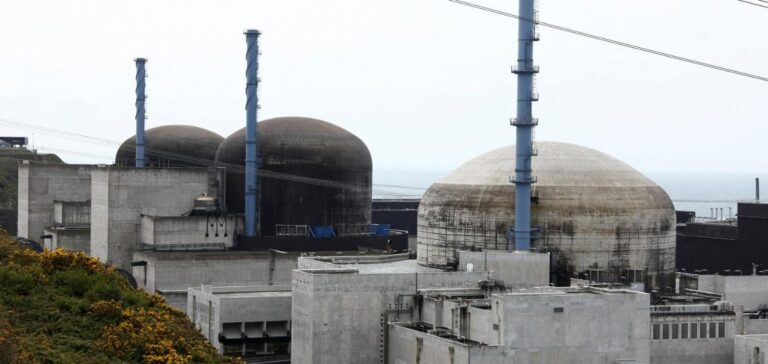The next-generation nuclear reactor, the EPR (European Pressurized Reactor) at Flamanville, operated by EDF, was commissioned in May 2024. Since its startup, nearly 50 anomalies have been identified and reported to the Nuclear Safety and Radiation Protection Authority (ASNR). Although these events have been classified according to the INES (International Nuclear Event Scale), they have had no consequences on worker safety or the environment.
Among these anomalies, 34 were classified as level 0, indicating minor deviations, and 15 were classified as level 1, signaling anomalies with no impact on nuclear safety. It is worth noting that the INES scale includes eight levels, ranging from deviations (0) to major accidents (7), and these events remain far below the concerning levels.
The incidents recorded through the end of 2024 were not considered alarming in terms of safety. According to Julien Collet, Deputy General Director of ASNR, these anomalies are expected during the startup phase of a reactor. He points out that the frequency of significant events is generally higher during this initial phase compared to reactors that are already in operation.
The causes of these anomalies seem primarily related to human factors, especially difficulties in coordination between teams. This type of issue is common during the early phases of a nuclear reactor’s operation, where managing teams and procedures can sometimes present challenges.
These events have not raised major concerns among the authorities, who continue to closely monitor the situation. It is important to emphasize that while these anomalies have been reported, they do not undermine the safety of the reactor, which is being rigorously monitored.
The ASNR, newly formed after the merger of ASN (Nuclear Safety Authority) and IRSN (Institute for Radiation Protection and Nuclear Safety), has reassured the public and industry professionals about the continuous monitoring of these incidents. Operators, including EDF, are required to report all significant events to maintain transparency and ensure the safety of the facilities.
The safety authorities also emphasize that this type of situation is common during the startup of new nuclear units, and these events should be interpreted in this context. As the Flamanville reactor enters a more stable operational phase, a decrease in these anomalies is expected.





















